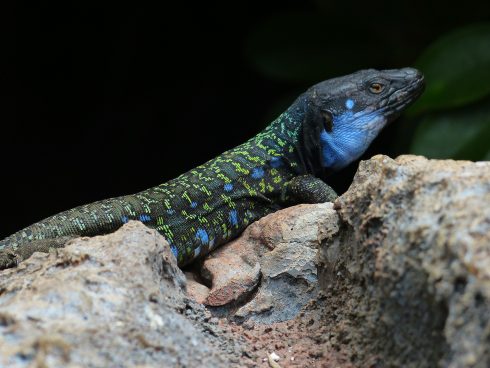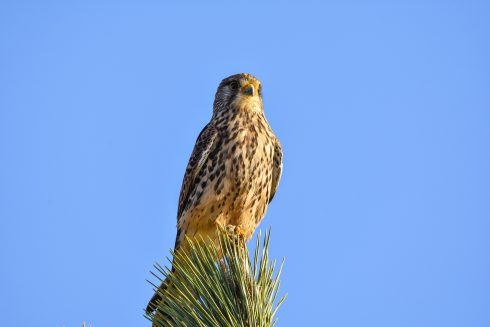WILDLIFE on the island of La Palma is facing a crisis as its volcano continues to erupt.
Manuel Nogales from the The Spanish National Research Council (CSIC), who has been studying biodiversity in the area for 40 years, hammered home the disastrous effects of the eruption, saying: “For wildlife, the scenario is that of a nuclear war.”
Nogales, who has been visiting the restricted area daily to observe the impacts on the environment, noted that the animals ‘are very scared’ and that ‘all the fauna have changed their behavior’.
Much of the flora has also been affected too, with around 40% wilted and severely dehydrated.
This has had a knock-on effect on released domestic animals which are having to eat burnt and ash covered vegetation, which Nogales says will harm them.
And he added that animals have also fled the area with only 10% of the usual native wildlife being spotted.

The researcher described how the fauna of the area primarily consists of reptiles (especially lizards) and birds, and it is the lizards who have ‘practically disappeared from the terrain’.
This has affected the entire food-chain as lizards make up the bulk of the diet of many birds of prey, and caused changes in behaviour. The biologist witnessed kestrels trying to capture smaller birds which is ‘not normal’ in the Canary Islands.
He has described this as ‘a completely unexpected change’ as the kestrels are desperately trying to hunt for whatever they can.

He has also discovered ‘definite changes’ in the way birds are behaving. Normally a bird’s presence is noted through its song but now he states ‘we see many more birds than we hear, perhaps showing that they have become more fearless and ‘have much less fear of human presence’.
Nogales recounted how he has also seen domesticated animals that have been released, appearing ‘adrift’. These include ‘goats with smashed hooves, lost cats, peacocks’ and also fighting cocks who are ‘in the wild and have fought each other,” he said.
Marine life may not be safe from the eruption either. The scientific vessel Ramon Margalef will look for gas expulsions, bulges or fissures, carry out a seabed survey and study the effects on biodiversity.
Eugenio Fraile, IEO researcher and member of the scientific crisis committee, says that they are closely examining everything from the physics and chemistry of the water to the welfare of the fish.
READ MORE:

